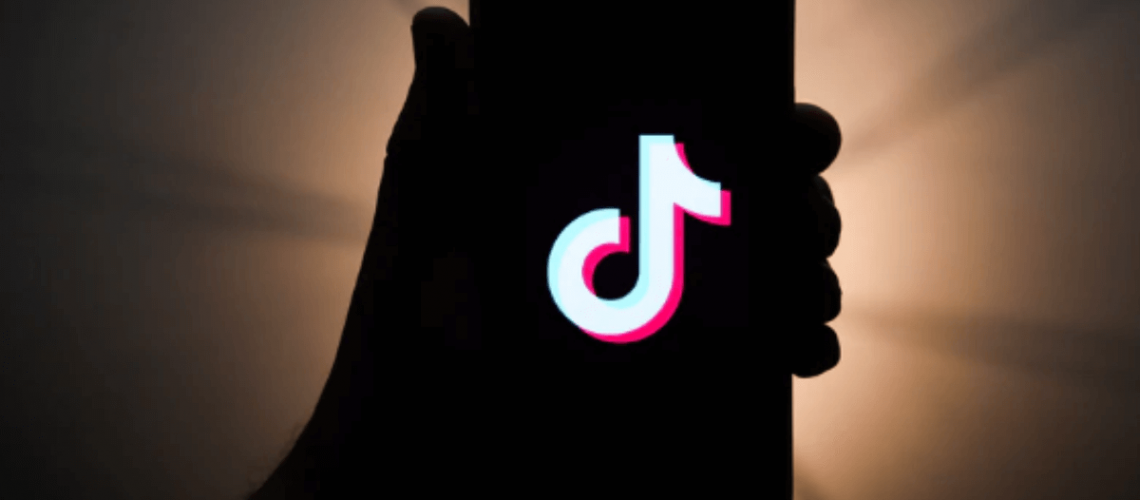
The 2nd of June 2020 saw social media blackened by the #BlackOutTuesday – a movement sparked by the violent police brutality which led to the death of George Floyd in Minneapolis. Thousands of social media users and celebrities posted black squares on Instagram as a token of advocacy to show their support against the merciless killings of black people in the United States.

The hashtag was initially coined by Jamila Thomas and Brianna Agyemang of Atlantic Records. The two women demanded that record labels and their sponsor partners be held accountable for the success they enjoy through the efforts and struggles black artists. This movement was adopted by the #BlackLivesMatter movement, which used the campaign to advocate against the genocide of black people in the United States and Worldwide. The posting of black squares was first seen in 2015 by Tumblr users T’von Green and @MarsinCharge to celebrate black faces on social media.
In South Africa, the movement created a ripple effect, sparking up local anger at the alleged killings that have been occurring during the pandemic’s lockdown. Collins Khoza was harassed by soldiers in his backyard at the beginning of the lockdown for consuming alcohol. He was later found dead as a result of the alleged assault by the soldiers. The post mortem report revealed that he succumbed to the blow of a blunt object to his head. The South African National Defence Force’s internal board ruled out his death stating that the soldiers cannot be held reliable for his death. This set ablaze the local #BlackLivesMatter movement, which seeks to bring justice for the police and soldier brutality against 4 men who lost their lives during the country’s lockdown. Since social gatherings of no more than 50 people are prohibited, the advocacy has shifted its focus to social media. Twitter, Facebook, Instagram and TikTok have been tools of communication for many, spreading the effects of injustice and how attitudes and laws need to change in the 21st century against racism and racial discrimination.

Petitions and donation sites have been circulated on social media, putting emphasis on the need to do something other than post a black square. TikTok was criticised for baring the #BlackLivesMatter videos, and then later returning them due to the many activists who deleted the App in retaliation. During the #BlackOutTuesday movement, Instagram users were advised to change their hashtags from #BlackLivesMatter to #BlackOutTuesday due to the Instagram algorithms. This was so that relevant images and videos of police brutality using #BlackLivesMatter would not be drowned out by the black squares. This was an attempt to counteract Instagram’s algorithms. Because Instagram has changed their algorithms, posts that appear on newsfeeds and the explore page no longer appear according to how early they were posted, but according to the relevance of the page. For example, a post by a celebrity is more likely to be the first post a user would see on their newsfeed as compared to someone else who posted 2 hours earlier than them. Regardless of what time the celebrity posted it, their high following has marked their account as accessible and therefore their posts will appear faster and repeatedly on the App. This sparked criticism, with some claiming that social media activism does very little as the issues will be forgotten in 24 hours. Users were encouraged to take more steps by emailing relevant authoritative persons, demanding thorough investigations into the genocide against black people.
In the age where almost everything is done on social media, the use of online platforms has proven to be beneficial as it reaches more people in a short space of time for free. While critics have labelled it as slacktivism, Sanika Mahajan of Harvard Political Review writes that the use of online media has provided millennial activist with the opportunity to resurface previously ignored historical information which supports their arguments. The use of social media bypasses the geographical barriers which once existed. Activists can spread their message to various parts of the world, increasing the public awareness of the issues. While so much has happened in this year alone, hashtags such as the discussed will remain online for years to come, providing a digital timeline for many activists to come who will pick up the baton and continue the fight against injustice.

